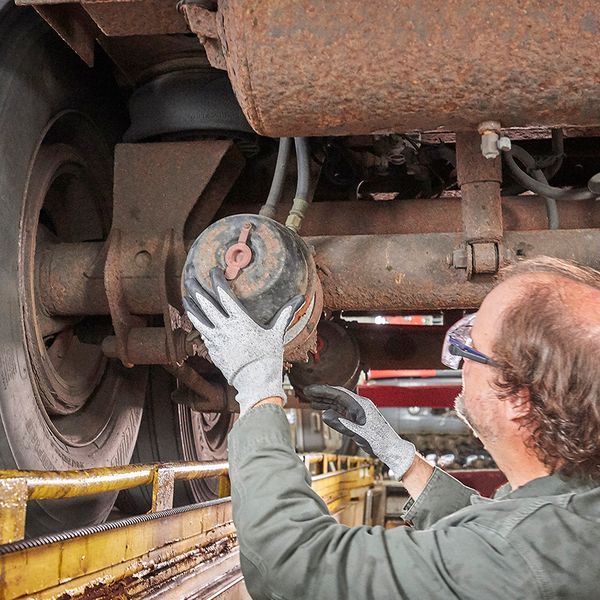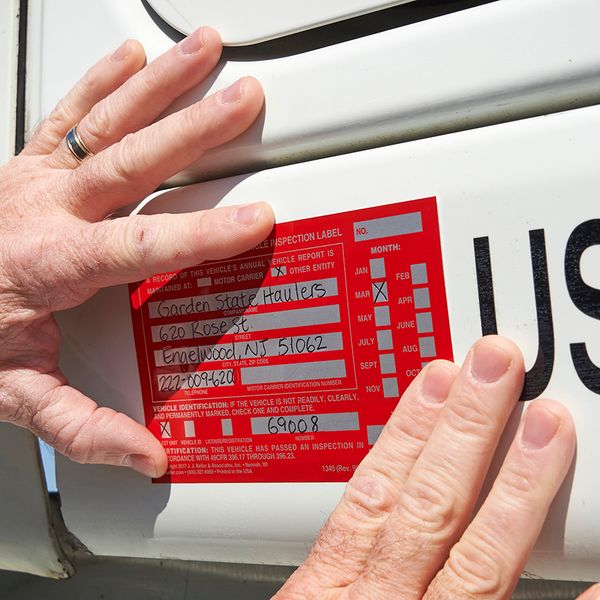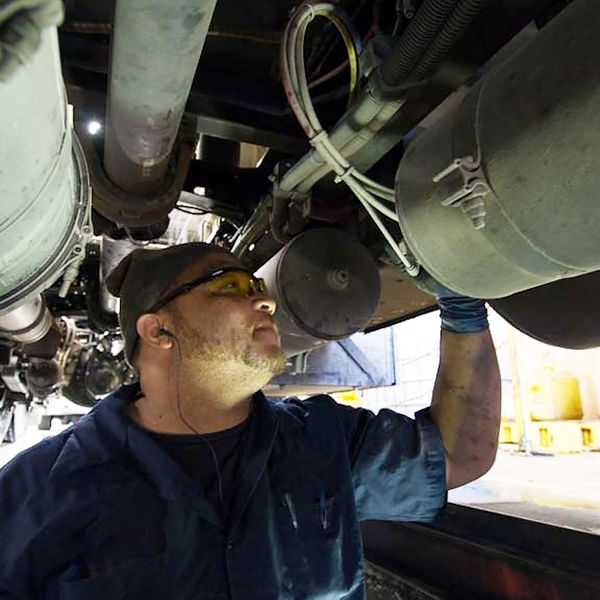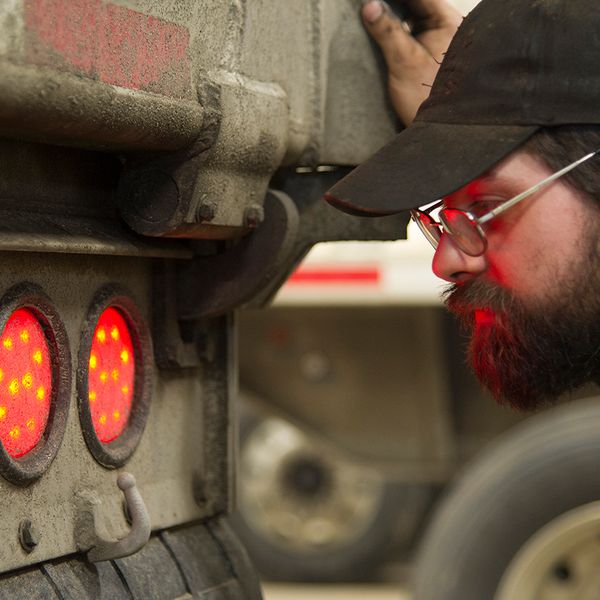Answers to common questions about annual inspections
The basic requirement for the periodic (normally annual) inspection required in 396.17 is, “Every commercial motor vehicle must be inspected as required by this section. The inspection must include, at a minimum, the parts and accessories set forth in appendix A to this part.”
Here are some common questions when it comes to this requirement and the answers to these questions.
Question: What vehicles are covered by this regulation?
Answer: All commercial vehicles meeting the definition of a commercial vehicle in 390.5 must be periodically inspected. This includes vehicles that:
- Are used in interstate commerce with an actual or rated weight of 10,001 pounds or more,
- Seat more than 8 or 15 (depending on compensation), or
- Are placarded for hazardous materials.
Also, all vehicles that make up a combination commercial vehicle (power unit and any trailing units) must be inspected (see 396.17(a)). This includes a pickup truck and trailer if the combination meets the definition of a CMV.
Question: What if my vehicle must be inspected under a state-mandatory inspection program?
Answer: If the vehicle must be inspected under a state-mandatory vehicle inspection program, and FMCSA has determined the inspection is the equivalent of the FMCSA annual inspection, the inspections done under the state-mandatory inspection program can be used to satisfy the FMCSA requirement (see 396.23).
Question: Who can do annual inspections?
Answer: In general, the person doing the inspection must be qualified under 396.19. If the person meets the requirements in this section, the employer documents the person’s qualifications and keeps the qualification documents on file for the entire time the person is doing the inspections, and then for one year thereafter. However, some of the state-mandatory programs require that the vehicle be inspected by state-licensed inspectors and/or at facilities that have been certified by the state. In some of these states, a carrier can have their personnel and/or facilities certified to conduct the inspections.
Question: What is acceptable proof of inspection?
Answer: Once the inspection is passed, a periodic inspection report is completed (see 396.21(a)). If the carrier is investigated or audited, the report must be provided to an investigator or auditor by the carrier. Proof of passing the inspection must also be on the vehicle. The proof can be EITHER a decal containing the information listed in 396.17(c) indicating when the inspection was done and where the report is located, OR a copy of the report (paper or electronic). The vehicle is not required to have both.
Question: Can I have an outside shop (or the dealer in the case of a new vehicle) do the inspection and keep the records for me?
Answer: Yes, see 396.21(b). However, if you are audited or investigated, you will be responsible for securing the report and presenting it, if you don’t have a copy on file in your office.
Key to remember: There are a lot of questions when it comes to annual inspections. However, the answers can generally be found in the Part 396 regulations.
























































